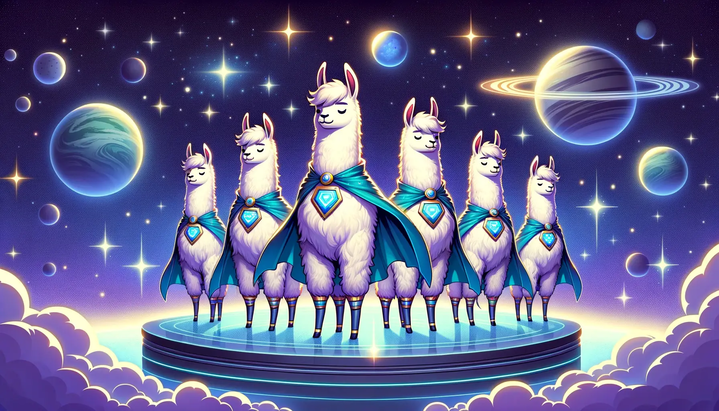If we’re talking about Llama, Meta’s large language model that took the AI research world by storm in February, I would argue that the answer is yes. Llama has had a significant impact on the AI landscape and has ignited a red-hot debate about open-source AI.
Meta released Llama, the first major free ‘open source’ LLM, in February. Since then, over 7,000 Llama derivatives have been fine-tuned and released on the Hugging Face platform. This has led to the birth of popular offspring models like Koala, Vicuna, Alpaca, Dolly, and RedPajama. Llama was the first open-source model to have the backing of a Big Tech company like Meta, which has brought attention to the safety and security concerns of open access to source code and model weights.
On the other hand, ChatGPT, launched by OpenAI in November 2022, brought generative AI into popular culture and reached 100 million users by February. It was a game-changer in its own right and set off the fire around generative AI. ChatGPT and Llama are different in nature but have both made significant contributions to the AI landscape.
While ChatGPT is like a blockbuster movie, Llama and its open-source AI cohort are more like the Marvel Universe. They have the potential for a bigger long-term impact on the AI landscape. The open source AI community, led by Llama, is paving the way for more real-world GenAI applications and cementing the open-source foundations of GenAI applications going forward.
The debate between Llama and ChatGPT, as well as open source vs. closed source AI, will continue. Llama has ignited research and brought about stronger, longer-term impacts, while ChatGPT has become AI in the minds of the public and has introduced everyday people to AI.
In the long term, there will be a place for both proprietary and open-source models. The open-source community is essential for the success of GenAI and has the potential for massive impacts across many aspects of work and life. Without the open-source community, the generative AI space would be much less advanced.










